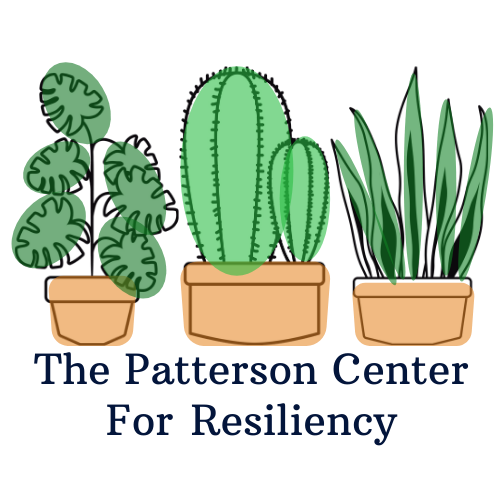
Every story deserves to be heard. Are you ready to tell yours?
The Intensive Trauma Treatment Program
What is it?
ITTP is an innovative treatment model that treats the whole person and the root cause of the problem, not just the symptoms.
ITTP supports you through 2-5 appointments a week to process trauma, build emotional safety, manage painful emotions, and build healthier relationships.
Many participants find that the intensity of our program helps them to feel better faster and with fewer negative side effects than traditional trauma treatment approaches.
100% of participants in the program when surveyed have reported that ITTP has been helpful to their recovery.
Who is it for?
We are currently accepting new participants who:
Are an adolescent or adult 12 years of age or older
Have a history of trauma or PTSD and are experiencing symptoms
Are no longer in the traumatic situation
Are not currently struggling with addiction
Are motivated to heal and grow
What services are offered?
Each treatment plan is tailored to your needs but may include EMDR, TST, TF-CBT, DBT, CPT, and other modalities as appropriate.
Each participant receives weekly:
Individual therapy
Skill-building sessions to work on coping skills and communication skills
Participants may also use family therapy, groups, and case management services as needed. Additionally, all participants receive regular staffings with all of their treatment team and supports (i.e. family, spouses) together. Some of these services are provided at no cost to you.
For adolescents, we require that parents or caregivers be involved through family therapy, parent coaching, and/or their own individual therapy to help support their child. We believe that trauma affects the whole family and we are here to support you every step of the way in a safe, accepting environment. It can be very challenging for parents to cope with their child’s mental health needs due to:
Vicarious trauma (hearing about another person’s painful experiences)
Compassion fatigue (stress and exhaustion due to caring for a person with trauma)
Feeling alone, misunderstood, hopeless, sad, or angry
Feeling guilty or like they should have done something to stop it, even if they could not have
Profound and painful symptoms seen in their child
Grief and loss for the child they once knew before the trauma happened
Feeling triggered about their own past traumas
The unique parenting needs required of a child with trauma
If this is you or somebody that you love, please give our office a call today to schedule a free consultation.



